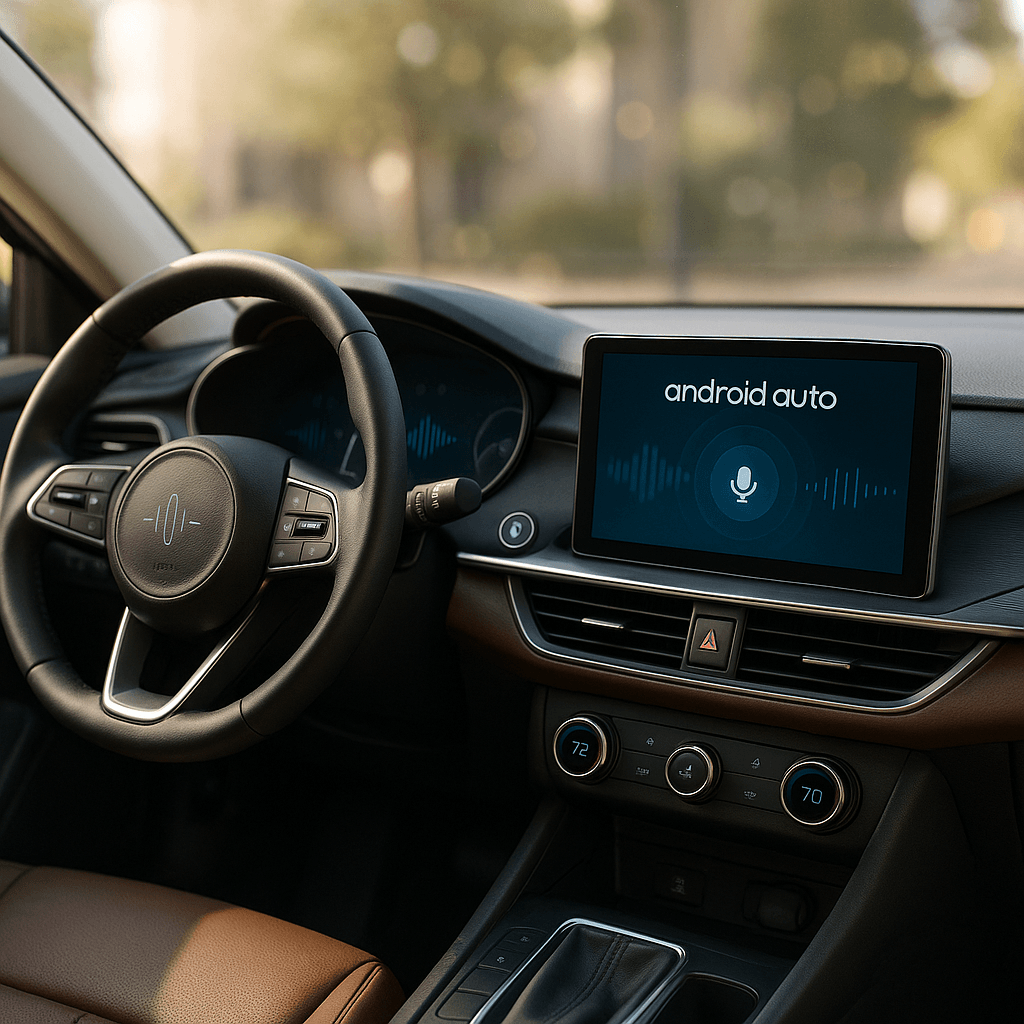Google just flipped the switch on its biggest automotive AI upgrade yet. Starting Thursday, Gemini is rolling out globally to replace Google Assistant in Android Auto, bringing conversational AI capabilities to millions of cars, trucks, and SUVs. The move marks Google's most aggressive push to make Gemini the default AI across all its platforms, fundamentally changing how drivers interact with their vehicles.
Google is officially retiring Google Assistant from the driver's seat. The company announced Thursday that Gemini is now rolling out globally to Android Auto users, marking the end of an era for the voice assistant that's been guiding drivers since Android Auto launched. This isn't just a simple swap - it's a fundamental upgrade to how millions of people interact with their cars. The rollout targets Android Auto users who've already made the jump to Gemini on their phones, creating a seamless AI experience from pocket to dashboard. Google first announced this transition back in May, promising the upgrade would arrive this year. The difference becomes immediately apparent when you start talking to your car. Instead of simple command-response interactions, Gemini enables natural conversations that can handle complex, multi-step requests. "Hey Google, I need your help. I'm suddenly craving barbecue. Any good spots along my route that are open now, near my destination?" isn't just processed - it's understood in context, with follow-up questions flowing naturally. The AI revolution in cars goes beyond navigation assistance. Gemini transforms Android Auto into a productivity powerhouse, letting drivers access Gmail through voice commands. Planning a business trip? Ask Gemini to find your hotel confirmation email and navigate directly there. Running late to a meeting? Have it summarize your unread messages so you know what you're walking into. This capability represents a significant leap from Google Assistant's more limited automotive functions. Music discovery gets the Gemini treatment too. The AI can craft custom playlists based on detailed instructions, working across streaming services like YouTube Music and Spotify. "Can you give me a road trip playlist? Ideally something upbeat, about 3 hours long, that's good for both me and the kids" becomes a conversation starter, not just a command. The system understands context, duration, and audience - creating personalized soundtracks that adapt to your specific situation. But Google's biggest bet lies in Gemini's conversational abilities. The "Hey Google, let's chat" feature transforms your car into a mobile brainstorming partner or tour guide. Driving to St. Louis for a wedding? Gemini can share local history, recommend gift ideas for the rehearsal dinner hosts, and pivot between topics as naturally as a human passenger might. This represents Google's vision of AI as companion rather than tool. The technical rollout spans 45 languages globally, requiring users to have the Gemini app installed on their Android phones. Once available, a tooltip appears on the car display, and activation works through familiar voice commands or steering wheel controls. The transition reflects Google's broader strategy to consolidate its AI offerings under the Gemini brand, phasing out Google Assistant across devices and platforms. For automotive manufacturers and rival tech companies, this rollout signals intensifying competition in the connected car market. recently announced major CarPlay updates, while continues pushing Alexa Auto integration. has been developing its own voice AI capabilities, creating a landscape where car manufacturers must choose between tech giant ecosystems or develop proprietary solutions. The implications extend beyond individual convenience. As AI becomes more conversational and capable in vehicles, questions around driver distraction, data privacy, and system reliability become more pressing. Google's approach of requiring phone-based Gemini activation suggests the company is leveraging existing user trust and data relationships rather than building car-specific AI profiles.












